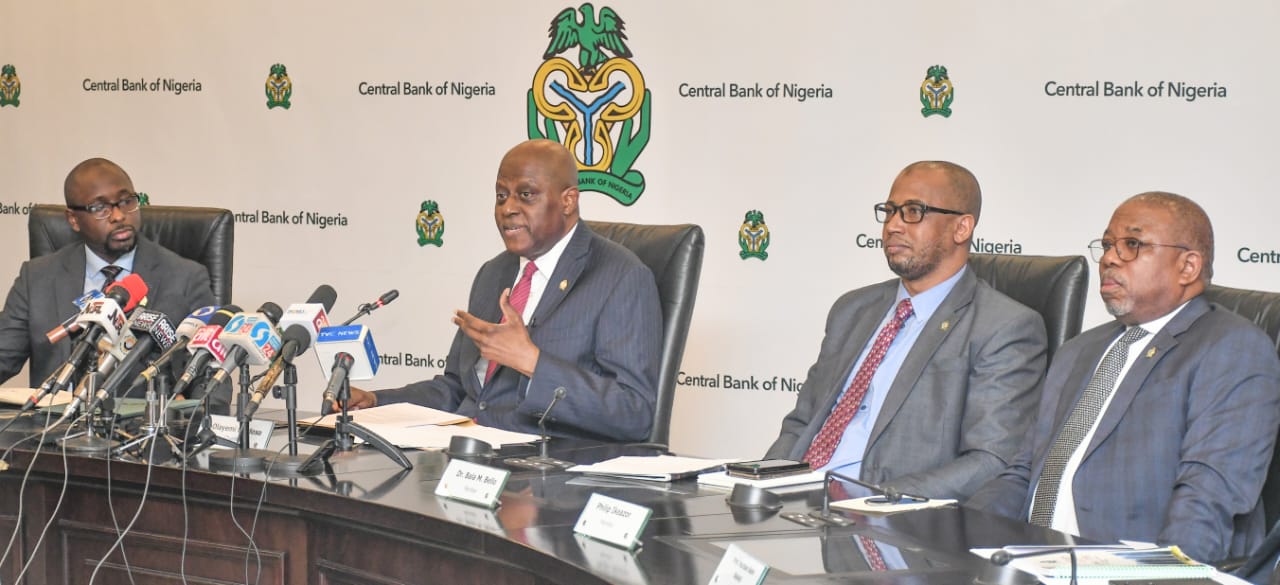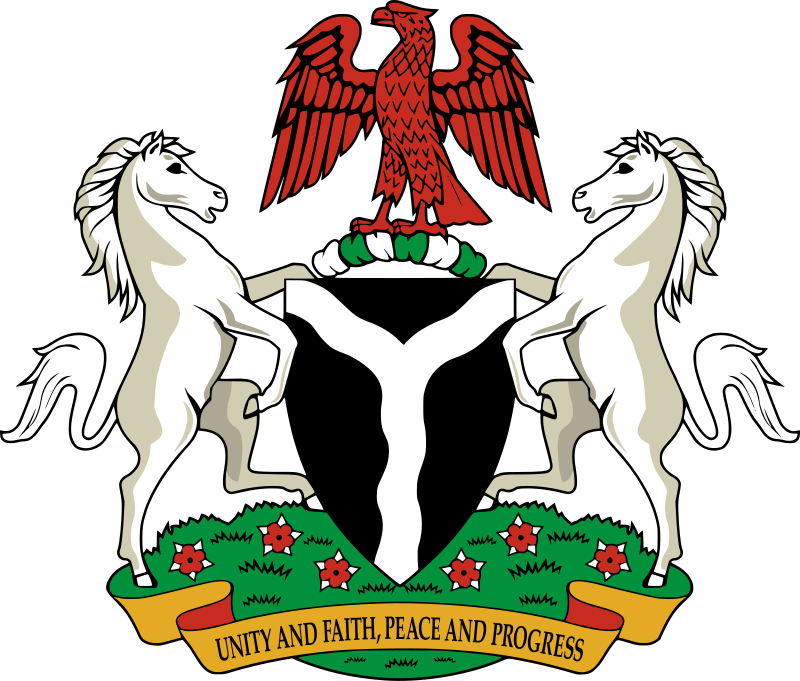
In a move targeted at further reduction in inflation in the country, the Central Bank of Nigeria (CBN) has increased the benchmark interest rate to 27. 25%.
The CBN Governor, Mr. Olayemi Cardoso announced this shortly after the Monetary Policy Committee (MPC) meeting on Tuesday.
Rising from its 297th meeting, the MPC raised the interest rate by 50 basis points to 27.25 per cent from the previously held 26.75 per cent, Retain the asymmetric corridor around the MPR at +500/-100 basis points, Raise the Cash Reserve Ratio of Deposit Money Banks by 500 basis points to 50.00 per cent from 45.00 per cent and Merchant Banks by 200 basis points to 16 per cent from 14 per cent, and Retain the Liquidity Ratio at 30.00 per cent.
The Committee in its considerations, noted that even though headline inflation trended downwards due to a moderation in food inflation, core inflation has remained elevated, driven primarily by rising energy prices.
It said, the uptrend poses severe concerns to Members, as it clearly indicates the persistence of inflationary pressures, thus, reiterated the need to work in close collaboration with the fiscal authority to address the current upward pressure on energy prices.
The MPC also noted the relative stability and convergence in the exchange rate across the various market segments, resulting from the Bank’s tight monetary policy stance.
This, it said, is expected to improve confidence which would enable economic agents to plan in the medium to long term.
Mr. Cardoso who chaired the meeting said, the MPC noted the continued growth in money supply, recognising the need to curtail excess liquidity in the system as well as address foreign exchange demand pressures.
He said, Members were also concerned about the growing level of fiscal deficit but acknowledged the commitment of the fiscal authority not to resort to monetary financing through Ways & Means.
According to him, the members also observed a strong correlation between FAAC releases and liquidity levels in the banking system as well as its impact on the exchange rate.
“The Committee, therefore, agreed to increase monitoring of future releases with a view to addressing its effects on price developments”, he said.
Cardoso said, the Committee was, however, unanimous in recognising that a lot more is required to actualize the Bank’s price stability mandate.
“The MPC noted that even though headline inflation trended downwards due to a moderation in food inflation, core inflation has remained elevated, driven primarily by rising energy prices.
“The uptrend poses severe concerns to Members, as it clearly indicates the persistence of inflationary pressures. Members thus, reiterated the need to work in close collaboration with the fiscal authority to address the current upward pressure on energy prices”, he noted.
On food inflation, the Committee said, the upside risks remained flooding, hike in energy prices, scarcity of PMS and most importantly, insecurity in farming communities.
It said, considering the weight of food in the CPI basket, Members recognized the efforts of the Federal Government in addressing insecurity in farming communities and stressed the need to remain steadfast.
In addition, the MPC applauded the ongoing effort of the Federal Government to bridge the food supply deficit through the duty-free import window for food commodities.
The Committee also expressed optimism that the lifting of refined petroleum products from Dangote refinery will moderate transportation costs and significantly support the easing of food price pressures in the short to medium term.
This is also expected to moderate foreign exchange demand for importation of refined petroleum products, with a positive spillover on external reserve and improvement in the overall balance of payment position.
Members assessed the performance of key financial soundness indicators and noted with satisfaction that despite familiar headwinds, the banking industry remains safe, sound, and stable.
The Committee, however, emphasized the need to sustain supervisory oversight on the industry to strengthen its continued support to the economy.
The CBN governor said, following these considerations, Members deliberated on the optimal policy option to sustain the downward trend in price development, contain emerging risks to inflation, stabilize the exchange rate and safeguard the banking system while also shielding the recovery of output growth.
In addition, he said, “Members noted that the real policy rate remains negative even after the recent moderation in headline inflation. To attract investments into the economy, efforts must be sustained to achieve a positive real interest rate. This would enhance the economy’s competitiveness for international capital, thereby improving the exchange rate.
“Following a review of the upside risks to price development and the downside risks to the recovery of output growth, the Committee opted to tighten policy further, to safeguard the gains already accrued in moderating inflationary pressure”, he said.






